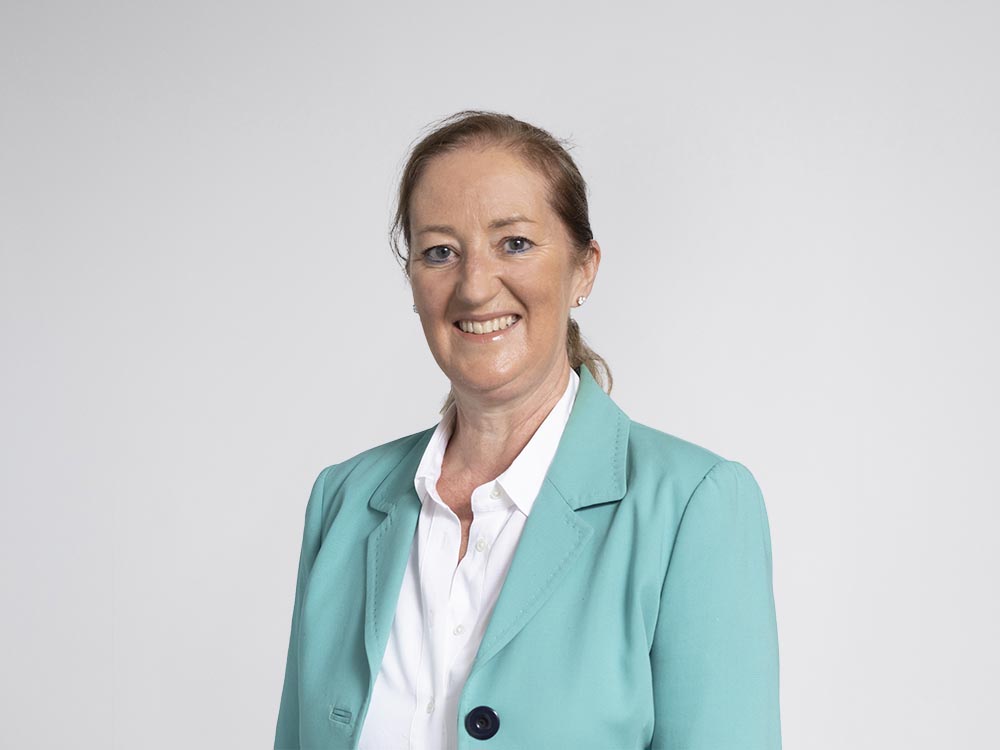In a significant prosecution, a New Zealand employer has pleaded guilty and been sentenced, for the first time, in relation to a health and safety incident that occurred whilst its worker was outside of New Zealand.
Although only a sentencing decision following a guilty plea, this outcome indicates that the Regulator (in this case, Maritime New Zealand) at least considers:
- the Health and Safety at Work Act 2015 (HSWA) applies to New Zealand-employed workers even when working overseas; and
- New Zealand PCBUs have responsibilities to ensure there are adequate safe work practices in place so that their workers can work safely anywhere in the world.
Click here to read the decision.
Background
The case involved the prosecution of Tauranga-based company, Genera Limited (Genera), by Maritime NZ following injuries sustained by one of its employees working on a Panamanian flagged ship outside New Zealand waters. The ship owners do not appear to have been prosecuted.
Genera is a major provider of biosecurity and fumigation services for logs, produce and bulk commodities across all major ports in Australasia and the Pacific. The incident occurred when the logging ship was en route to China.
On the morning of 27 January 2019, a worker employed by Genera fell approximately two-metres from a log stack and received significant injuries, including a badly broken leg. It took nine hours for the crew members to notice that the technician was missing and locate him.
Communication was difficult as the crew spoke very little English, mobile coverage at sea was limited, and email could only be accessed via the ship’s Chief Officer or Captain. The injured technician was taken to hospital three days later when the ship docked at the nearest port in Papua New Guinea.
Identifiable HSWA failures
Genera pleaded guilty to one amended charge of breaching its duty to ensure the health and safety of its workers, in failing to identify the risk of a fall and to put measures in place to prevent that risk from occurring[1]. Specifically, the prosecution alleged (and Genera accepted) a number of failures relating to the incident:
- Genera’s training did not adequately address the risks associated with technicians working at height;
- Genera failed to provide effective means of communication with its employees while at sea; and
- Genera failed to ensure that the ship had adequate first aid equipment and supplies on board.
Genera was fined NZD245,000 with the Court also ordering the company to pay NZD60,000 in reparation for emotional harm and NZD6,089.96 in consequential losses to the injured employee.
Our view
Unless there is a clear jurisdictional provision in a legislation, acts done or omitted outside of New Zealand are not offences under New Zealand law.[2]
The HSWA specifically deals with jurisdiction outside of New Zealand in some circumstances – there are provisions in relation to aircrafts in operation, ships and workplaces in New Zealand’s exclusive economic zone and continental shelf for example.[3] Relevantly, the HSWA applies to a New Zealand ship “wherever it may be” but only to a foreign ship “on demise charter to a New Zealand-based operator when it is operating in New Zealand”). Neither of those criteria applied in this case because the ship was Panamanian-flagged and not operating in New Zealand when the incident occurred.
In the absence of a clear jurisdictional provision, in our view, it is still not clear whether an incident occurring overseas can be the basis for an offence under the HSWA. Of note, Genera pleaded guilty to breaching its duties under the HSWA and, because the sentencing proceeded on an acceptance of responsibility and an agreed set of facts, there was not an opportunity for the Court to consider the jurisdictional issues relating to incidents occurring beyond New Zealand in any depth.
However, the approach from Maritime NZ indicates the Regulator’s view that PCBUs in New Zealand ought to give adequate consideration to health and safety compliance when sending their workers overseas. That is because the HSWA does not require an incident to have occurred for an offence to have been committed. The location of the incident may therefore not be relevant.
A PCBU’s primary duty of care is to ensure, so far as is reasonably practicable, the health and safety of workers whilst they are at work in the business or undertaking. The acts and omissions of employers in New Zealand relating to, for example, training, risk assessments and other matters may well be caught by the HSWA, and form the basis of a charge, even if an incident linked to those failures occurs elsewhere.
We will continue to monitor developments in this area. If you have any questions about this update or health and safety in general, our team would be happy to assist.
Footnotes
[1] Health and Safety at Work Act 2015, ss 36(1), 48(1) and 48(2)(c).
[2] Crimes Act 1961, s 6.
[3] HSWA, ss 9-11.






